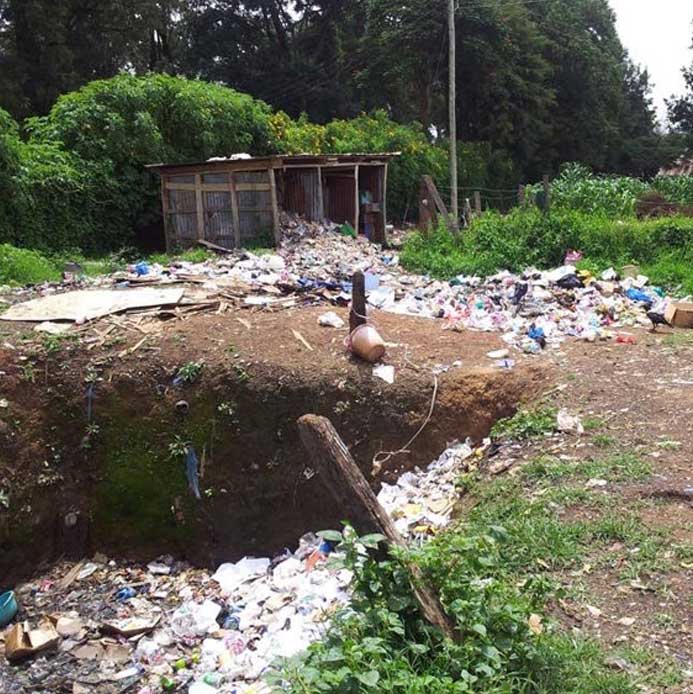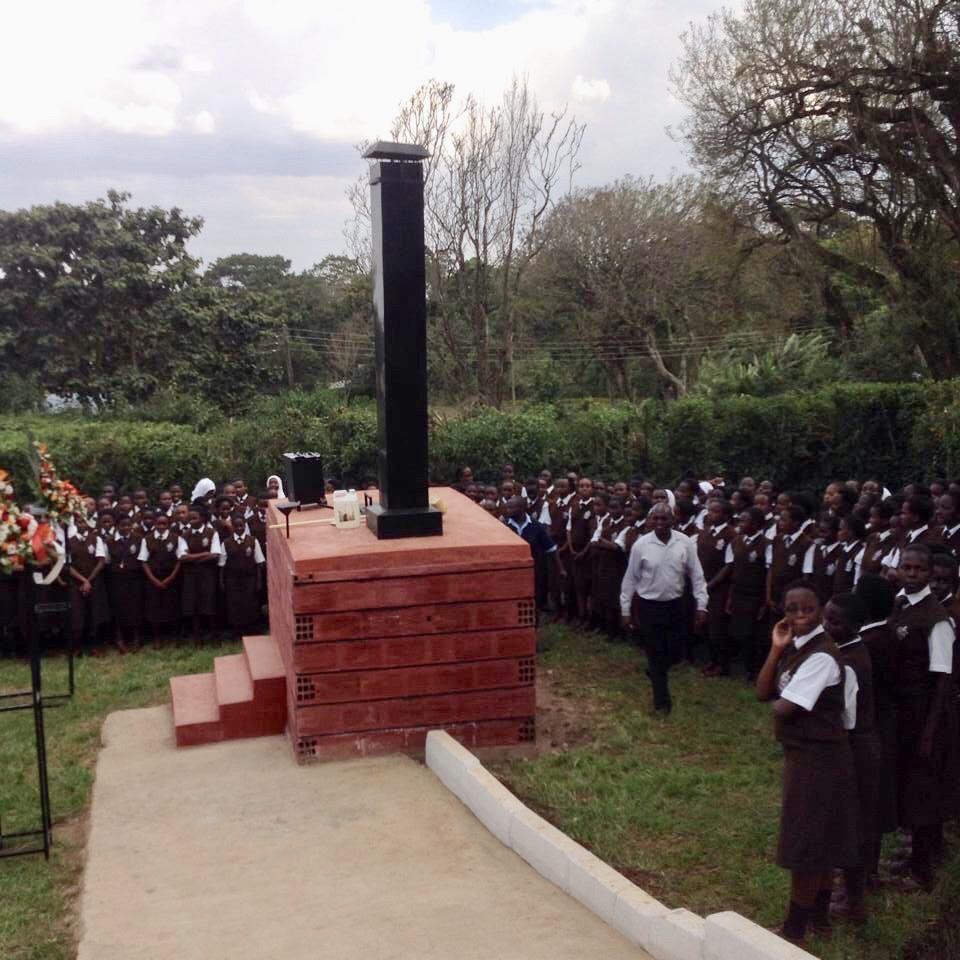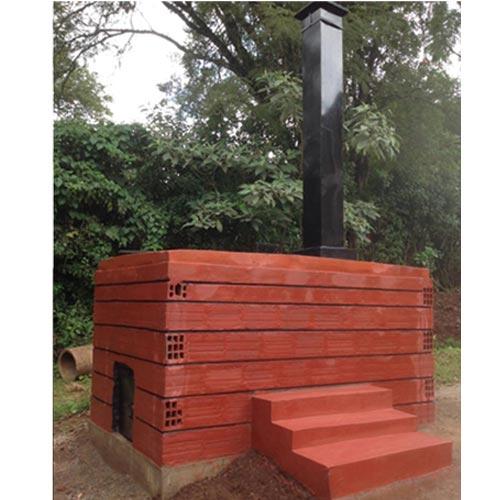Menstrual Materials Disposal
Sanitary towel waste is often missed in the WASH radar yet almost half the student and learner population in developed countries are female
Sanitary towel waste is often missed in the WASH radar yet almost half the student and learner population in developed countries are female
Menstrual Health Management (MHM) is an emerging topic of importance in hygiene. The fact that it is almost totally ignored in the the WASH universe is cause for concern.

The challenges girls face due to menstruation in schools are well beyond the subject of school sanitation infrastructure. However, it would be foolhardy to ignore it altogether.
The pupil population is almost evenly split by gender in primary schools; in secondary and tertiary institutions, boys and men easily outnumber girls and ladies. Unlike primary schools, secondary and tertiary institutions often segregate their populations. And this is where the issue of menstrual waste and menstrual hygiene management (MHM) comes to light.
At least a third of girls in Kenya skip school during their menses at the primary level due to stigmatization, lack of sanitary towels, and lack of facilities that offer them privacy when managing their menses. It is rather disturbing that the issue of private sanitation facilities for girls 10 years and above (when they start experiencing their menses) in schools has never arisen in research.


Limuru Girls High School is a girls-only secondary boarding school in Kiambu County, Kenya. Every month, the school generates 0.36 tons of sanitary towel waste. The institution was faced with three unpalatable options for the safe disposal of its menstrual hygiene management (MHM) waste.
The school settled for a low-cost incinerator from Varet that uses two-stage pyrolysis (total combustion of matter at high temperatures between 800°C-1200°C in a controlled environment). The incinerator reduces 0.36 tons of used sanitary towel waste to 54kg of inert ash used as construction substrate around the school.
Proper disposal of used sanitary towels in schools prevents their indiscriminate disposal in the environment and toilet systems. Low-cost incinerators are a viable means of menstrual waste collection and disposal.
In the case of Ikinu Primary School and its 1400 learners, 690 who are girls, it pays to incorporate/reserve safe spaces in the sanitation facilities designed for girls experiencing their menses.